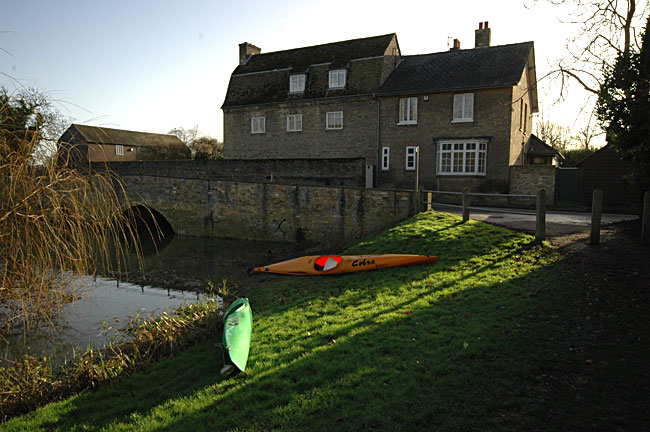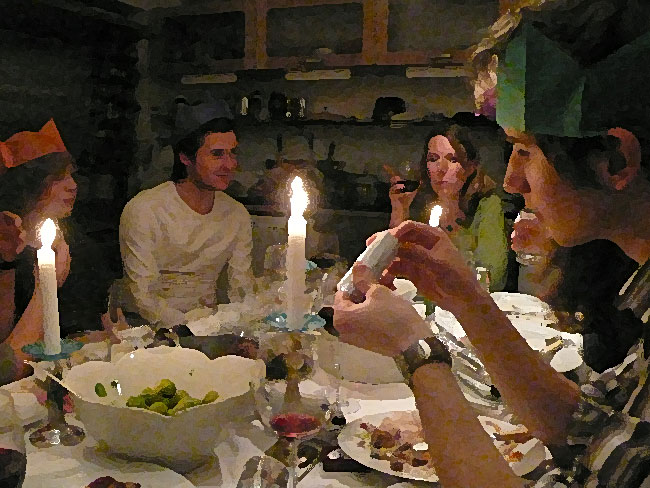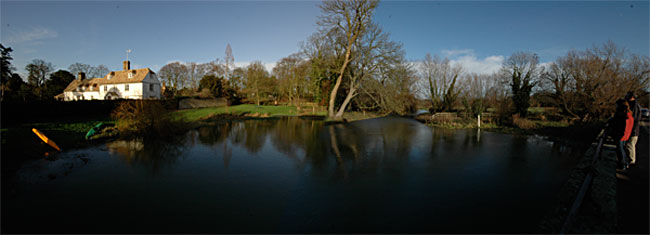Wonderful rant by Joel Stein in the LA Times (free subscription required).
Here’s what my Internet-fearing editors have failed to understand: I don’t want to talk to you; I want to talk at you. A column is not my attempt to engage in a conversation with you. I have more than enough people to converse with. And I don’t listen to them either. That sound on the phone, Mom, is me typing.
Some newspapers even list the phone numbers of their reporters at the end of their articles. That’s a smart use of their employees’ time. Why not just save a step and have them set up a folding table at a senior citizen center with a sign asking for complaints?
Where does this end? Does Philip Roth have to put his e-mail at the end of his book? Does Tom Hanks have to hold up a sign with his e-mail at the end of his movie? Should your hotel housekeeper leave her e-mail on your sheets? Are you starting to see how creepy this is?
Not everything should be interactive. A piece of work that stands on its own, without explanation or defense, takes on its own power. If Martin Luther put his 95 Theses on the wall and then all the townsfolk sent him their comments, and he had to write back to all of them and clarify what he meant, some of the theses would have gotten all watered down and there never would have been a Diet of Worms. And then, for the rest of history, elementary school students learning about the Reformation would have nothing to make fun of. You can see how dangerous this all is.
I get that you have opinions you want to share. That’s great. You’re the Person of the Year. I just don’t have any interest in them. First of all, I did a tiny bit of research for my column, so I’m already familiar with your brilliant argument. Second, I’ve already written my column, so I can’t even steal your ideas and get paid for them.
There is no practical reason to send your rants to me…
Great stuff. Worth reading in full.








